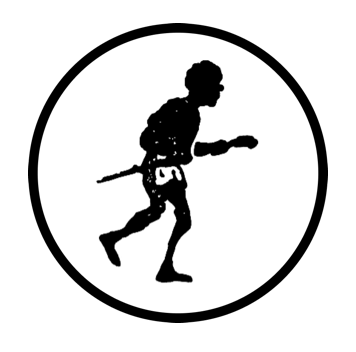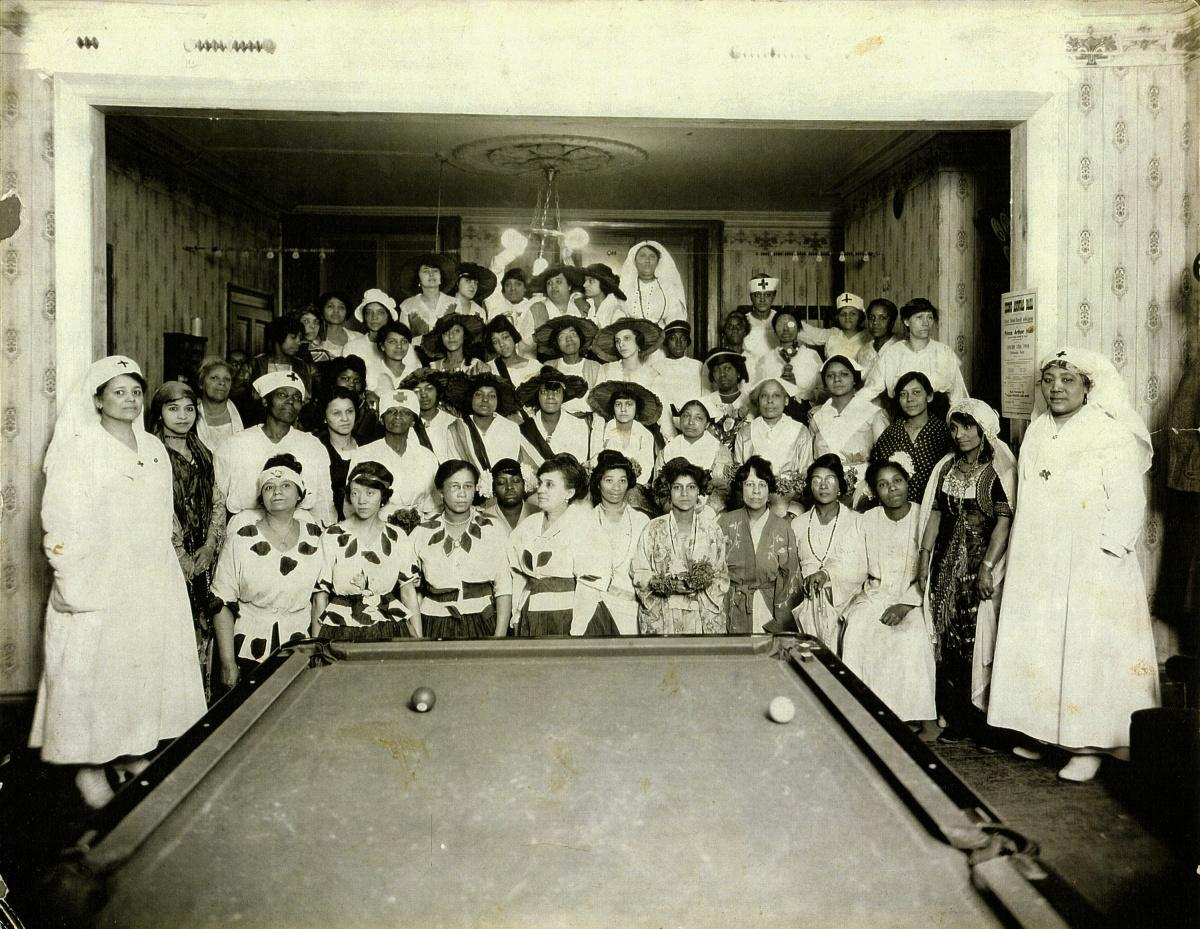
 0
0The central role of music
Lowcanes "He is a good fiddler"

Music played a central role in slavery. On slave galleys, the rhythms chanted were references allowing captives from different African nations and regions to recognize each other. On Southern plantations, work songs were used as coded language and rallying cries during uprisings.
In Québec, collective resistance was almost impossible because of the lack of a critical mass of slaves. Later, with the advent of industrialization and Black working-class districts, a response began to emerge to the need for Black communities to work together to help each other and to assert their rights.
Groups and associations
Founded in 1902, the Coloured Women’s Club of Montreal is among Québec’s oldest associations.
However, these groups were under close surveillance by the authorities, who, influenced by the prejudice inherited from the colonial past, feared rioting.

Caption: Coloured Women’s Club of Montreal, 1919. Source: Concordia university archives.
Rights of ethnic minorities to enjoy and develop their own culture
Every culture must be shared with the members of the same community in order to survive and thrive. However, to achieve this, people must be able to exercise certain basic rights and freedoms, including the freedom of association and of peaceful assembly, freedom of expression, conscience and religion.
Slaves were obviously denied these basic rights and freedoms, but so were many other minorities throughout Québec history.
In 1975, when the Québec Charter of Rights and Freedoms was adopted, the right of minority groups to form their own non-profit associations was guaranteed under a specific section.
The Black Coalition of Quebec, founded in 1969, is a good example of such an association.